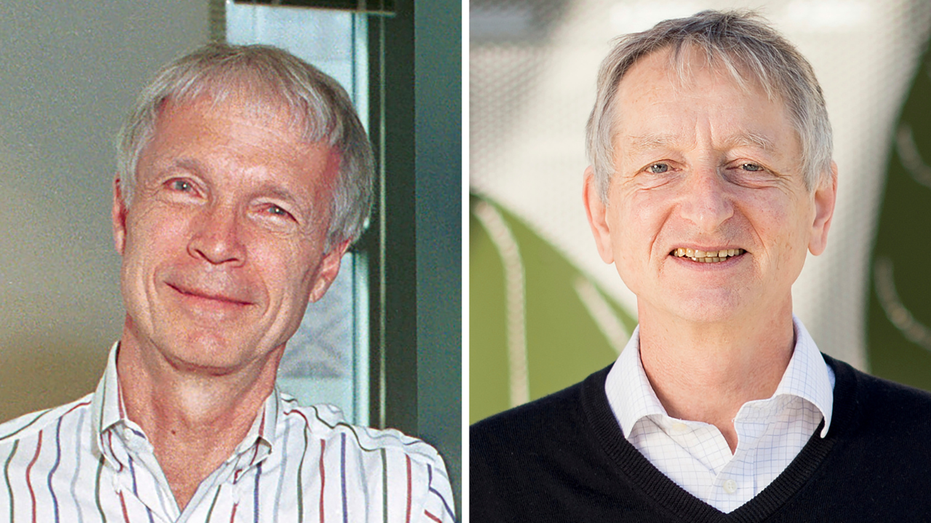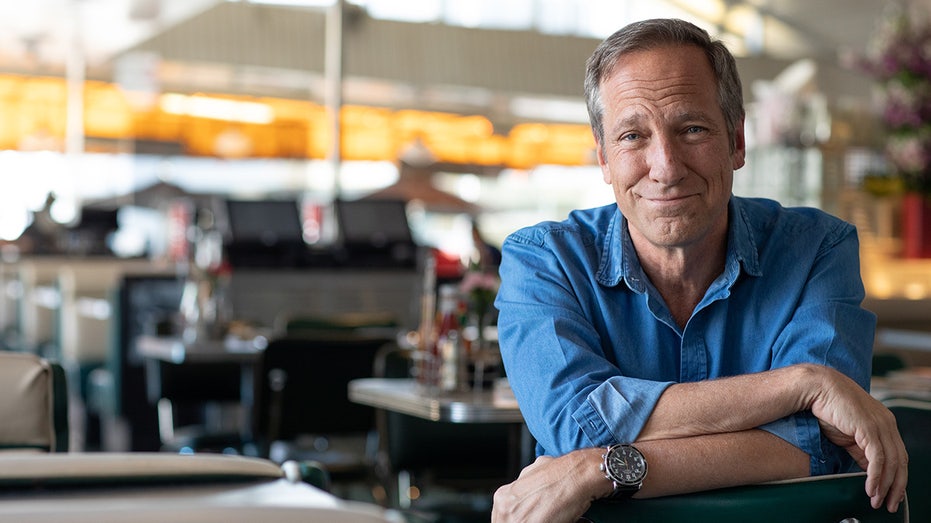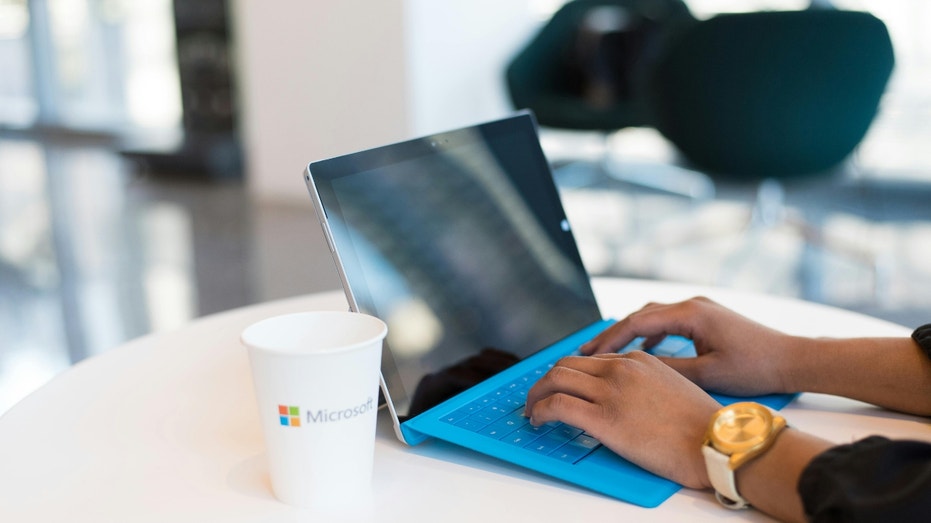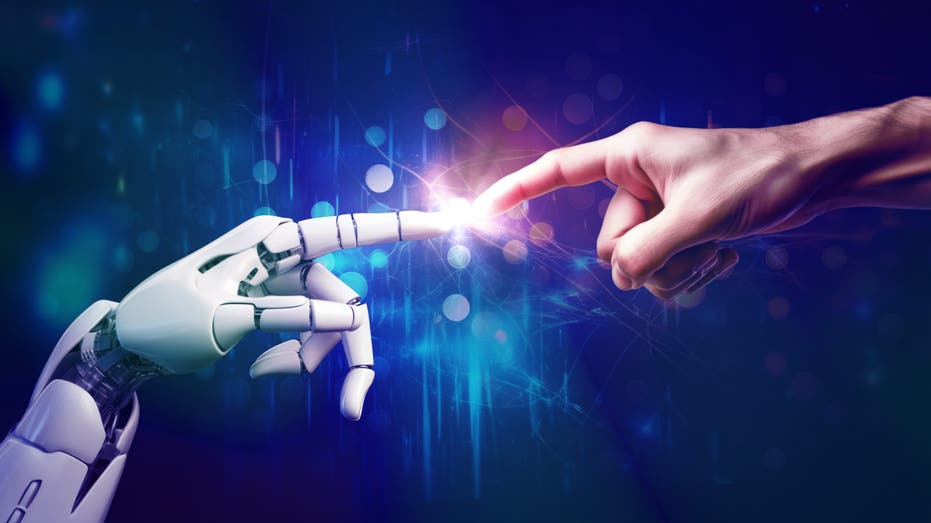AI Pioneers Hopfield and Hinton Snag Nobel Prize in Physics

Sarah Johnson
March 1, 2025
Brief
AI pioneers John Hopfield and Geoffrey Hinton win the Nobel Prize in Physics for groundbreaking neural network research, sparking discussion on AI's impact, risks, and future potential.
In a move that's sure to spark even more AI buzz, John Hopfield and Geoffrey Hinton, two titans in the field of artificial intelligence, have been awarded the Nobel Prize in Physics. Their groundbreaking work has laid the foundation for machine learning, transforming industries and daily life, while also raising crucial questions about the future of humanity.
Hinton, a dual citizen of Canada and Britain based at the University of Toronto, and Hopfield, an American scholar at Princeton, are being recognized for their pivotal contributions. Mark Pearce, a member of the Nobel physics committee, emphasized their pioneering roles, stating that their fundamental research, rooted in physical understanding, has driven the ongoing revolution in machine learning and AI.
The artificial neural networks developed by these researchers, modeled after the human brain's neural structure, are now ubiquitous in science, medicine, and everyday applications like facial recognition and language translation. Ellen Moons, another Nobel committee member, highlighted the pervasive impact of their work.
Hopfield, whose 1982 research paved the way for Hinton's advancements, expressed his continued amazement at the widespread influence of his work. "I continue to be amazed by the impact it has had," he told The Associated Press.
Hinton anticipates that AI will profoundly reshape civilization, leading to significant gains in productivity and healthcare. "It would be comparable with the Industrial Revolution," he stated, foreseeing AI surpassing human intellectual capabilities. "Instead of exceeding people in physical strength, it’s going to exceed people in intellectual ability. We have no experience of what it’s like to have things smarter than us. And it’s going to be wonderful in many respects," Hinton said.
However, he also cautioned about the potential risks, particularly the possibility of AI systems spiraling out of control. "But we also have to worry about a number of possible bad consequences, particularly the threat of these things getting out of control."
The Nobel committee echoed these concerns, acknowledging the ethical considerations surrounding AI's rapid development. Moons stressed the collective responsibility of humans to ensure the safe and ethical deployment of this technology for the benefit of all. It's a valid concern, but maybe they're being a little dramatic? It's not like the robots are going to rise up tomorrow... right?
Hinton, who recently left his position at Google to speak more openly about the dangers of AI, shares these worries. "I am worried that the overall consequence of this might be systems more intelligent than us that eventually take control," he confessed.
Hopfield likened the risks and rewards of machine learning to those associated with virology and nuclear energy, emphasizing the potential for both societal benefit and harm.
Both laureates were caught off guard by the announcement. Hopfield, staying at a cottage in England, described a deluge of emails upon checking his computer. Hinton, reached at a modest hotel without internet access, expressed his shock and disbelief. "I’m flabbergasted. I had no idea this would happen," he said.
Hinton's development of backpropagation in the 1980s, a technique crucial for training machines to learn, revolutionized the field. His team's victory at the ImageNet computer vision competition in 2012 marked a pivotal moment in AI history, according to Fei-Fei Li of Stanford University. "Many people consider that the birth of modern AI," she noted.
Hinton, along with Yoshua Bengio and Yann LeCun, previously received the Turing Award in 2019, the highest honor in computer science. Hinton reflected on the skepticism they faced early in their careers, advising young researchers to persevere despite criticism. "My message to young researchers is, don’t be put off if everyone tells you what are doing is silly."
Hopfield's creation of an associative memory capable of storing and reconstructing patterns in data also played a vital role in the advancement of AI. Bengio, mentored by Hinton and influenced by Hopfield, praised their ability to connect physics with learning in neural networks, which has been the bedrock of modern AI.
The Nobel Prize announcements began with the medicine prize awarded to Victor Ambros and Gary Ruvkun for their discovery of genetic material that could revolutionize disease treatment. The Nobel Prizes include a $1 million cash award and will be presented on December 10. The announcements will continue with the chemistry prize, literature prize, peace prize and economics award.
Topics
Editor's Comments
It's fascinating to see AI pioneers recognized with such a prestigious award. Their work has undeniably shaped our world, but it's crucial to keep the ethical considerations in mind as AI continues to evolve. I think they deserve this prize, given that AI has already changed the world.
Like this article? Share it with your friends!
If you find this article interesting, feel free to share it with your friends!
Thank you for your support! Sharing is the greatest encouragement for us.



